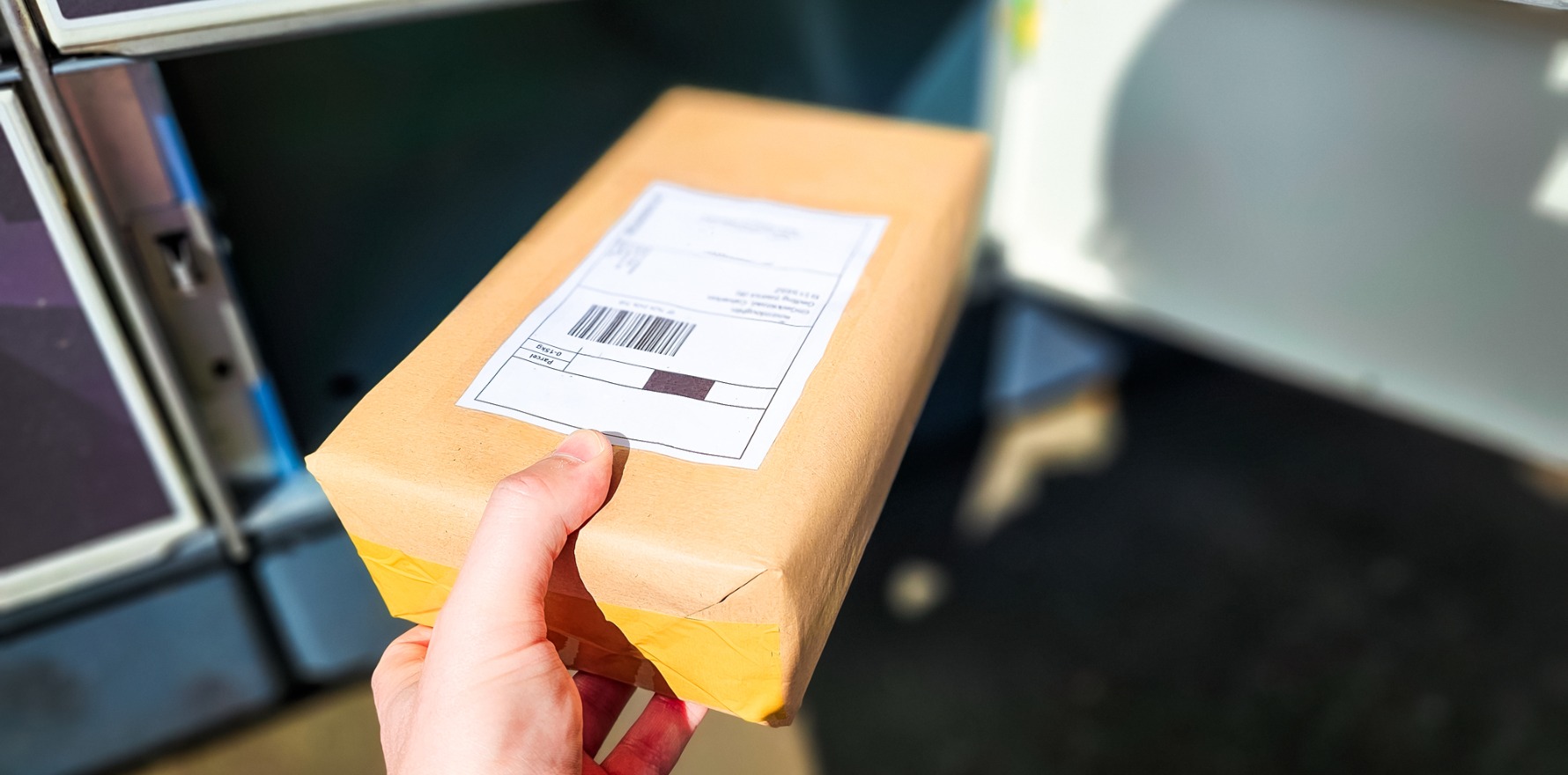But whose faecal microbes you receive could influence how well it works.
New research suggests a second, slightly different transplant could help prevent the autoimmune response following a haematopoietic cell transplant.
As many as 50% of patients who receive an allogenic haematopoietic cell transplant go on to develop acute graft versus host disease, significantly limiting the success of the procedure. Evidence suggests that faecal microbiota transplants can be used to prevent and treat the autoimmune graft versus host response, but questions remain over its safety and effectiveness.
Now, the results of pre-planned, interim analysis, conducted as part of the run-in phase of a clinical trial, show that the faecal microbiota transplant is safe and effective in immunocompromised patients who had previously received a stem cell transplant – and that some faecal donors are better than others.
“The hope of using faecal microbiota transplant with people receiving stem cell transplant is that faecal microbiota transplant will help prevent acute graft versus host disease without adding more immunosuppression, improve quality of life and decrease mortality after transplant,” said Associate Professor Armin Rashidi, a US medical oncologist and the study’s lead author, in a statement to media.
US researchers recruited 20 patients who had received a haematopoietic stem cell transplant as a result of a variety of underlying diseases, including leukaemia, non-Hodgkin lymphoma and myeloma. The sample was mostly male (55%), with the median age at haematopoietic stem cell transplant being 45 years.
Patients started the faecal microbiota transplant a median of 25 days after their stem cell transplant. The second transplant involved taking oral capsules containing faecal microbiota from one of three healthy donors three times a day for seven days. Stool samples were collected from patients at baseline, prior to starting the treatment and roughly four weeks after finishing treatment.
There was less microbiota diversity in the cancer patients compared to the donors prior to starting treatment, and the diversity increased following the faecal microbiota transplant, almost approaching donor levels by the end of the study period.
Patients with less microbiota diversity at baseline had better donor microbiota engraftment than patients with more diverse microbes, suggesting the more uniform gut environments may make it easier for the transplanted microbes to establish themselves in the new setting.
The faecal microbiota taken from one of the donors, donor 3, was found to be more effective at establishing themselves in the microbiome of recipients. Two thirds of microbiota from this donor successfully engrafted in recipients. This “super donor”, a 40-year-old woman with a BMI of 26, was found to have high levels of the beneficial organism Bifidobacterium adolescentis.
“The importance of donor choice (a.k.a. the “super donor” phenomenon) for microbiota engraftment and clinical response to faecal microbiota transplant remains controversial in the non-transplant setting and completely unknown in allogenic haematopoietic cell transplant recipients,” the researchers wrote.
“Our patients did not receive a planned, uniform pre-faecal microbiota transplant antibiotic conditioning, all were exposed to antibiotics during the early post-haematopoietic cell transplant period. Therefore, the existence of a donor effect in our patients is plausible and supported by [the] data.”
Related
Ninety-five percent of patients survived to 180 days after haematopoietic cell transplant, with three patients relapsing (and one dying) before the follow-up time point. The majority of patients experiencing mild and intermittent gastrointestinal symptoms the week they received treatment, but there were no infections reported in these patients. Only three patients experienced grade 3 or 4 graft versus host disease, where over 50% of the skin is affected.
“There had been concerns of giving live microbes to people who are immunocompromised, but this study and our 2023 study before it show no major toxicity, which should be reassuring to patients and their families,” Professor Rashidi said.
The researchers are continuing with the phase 2 trial, which will see 126 patients receive either a faecal microbiota transplant from donor 3, the “super donor” in the current study, or placebo. The trial will focus on the effects of faecal microbiota transplant on the acute graft versus host disease response, hospitalisations, infections, quality of life and survival.





